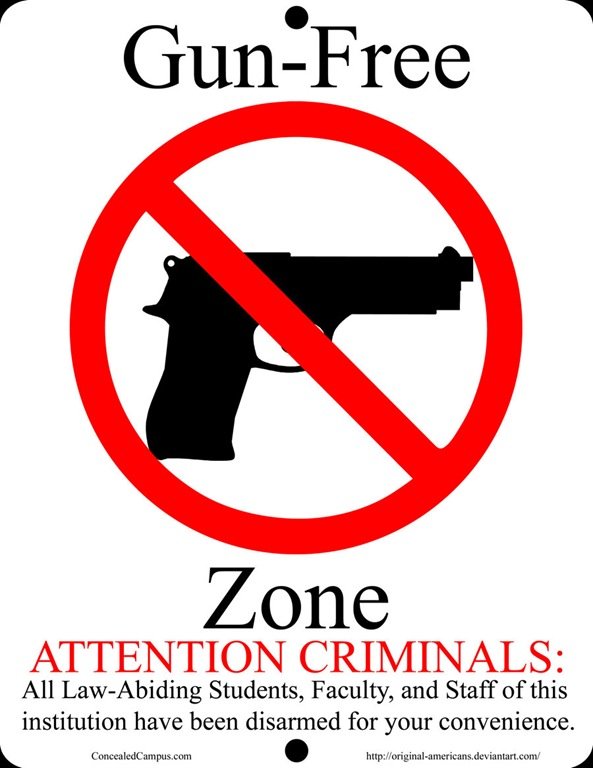
“I’m against guns.” This is the argument generally given for gun control.
The implication is: If you’re not in favor of gun control, or of outlawing guns for self-defense, then you’re somehow in favor of killings.
The term for this is context-dropping. Context-dropping is the willful refusal to consider all the facts of a given situation before drawing a conclusion.
For example, the reply to this claim — “I’m against guns” — with the full context considered is: “I’m for guns when they’re in the hands of law-abiding people, or legitimate legal authorities, such as the police. I’m against guns when they’re in the hands of criminals, or anyone who would initiate violence.”
This is a position which holds the full context of facts.
All the gun control advocate can say in response is, “Well, I’m still against guns.” The implication is that everyone who uses a gun is using one for ill purposes. The assertion also evades the context that guns in the hands of peaceful people — people who would only use guns in self-defense, never to initiate violence — can actually make things safer. A criminal who knows that nobody can legally own a gun is much more comfortable going about his criminal business than a criminal who knows his potential victims are just as likely to be armed as he is.
So many of the issues of our time — or perhaps any time — hinge on whether one considers the full context, or only one element of it.
I’m reminded of the debate over nuclear arms, back in the Cold War of the 1980s (and before). Back then, the same people who support gun control now supported a nuclear arms ban. “Get rid of nuclear weapons. If the U.S. doesn’t have them, then there won’t be a war.” Of course, would that have stopped the Soviet Union from advancing militarily, or even attacking the United States once it had disarmed? No answer was ever given. The context was shrunk to, “No nuclear arms for U.S., no nuclear war.” Advocates of nuclear arms bans dropped the context. They ignored the relevant fact that evil dictatorships were going to have nuclear weapons no matter what. It could only help the cause of liberty if a (mostly) liberty-loving nation such as the U.S. had weapons as well. It’s called: Peace through strength.
Ironically, it was an escalation in development of nuclear weapons during the 1980s which helped push the already flailing Soviet Union over the edge, and ended decades of Cold War. The very opposite of what the context-droppers predicted happened: Instead of getting rid of nuclear arms saving the day, it was actually a buildup of nuclear weapons that literally freaked out the Soviet leadership and brought decades of “the evil empire” to an end.
The Cold War is over, and the names have changed, but the principles have not. The principle is timeless and universal: You don’t fight evil or irrationality with weakness. You fight it with strength. To a pacifist, it seems counter-intuitive, but that’s actually how it works. It works this way whether you’re talking about Soviet Communists, Islamic terrorists, or the criminal in your local town.
There’s nothing inherently right or wrong about guns. It’s foolish to project a world without weapons as the solution. A world without weapons could never be a good thing, unless human beings no longer had free will and all were programmed to be peaceful and civil. So long as there’s a possibility for even one person — one time — to be criminally violent, then we need weapons. Weapons will be in the hands of a bad person no matter what. That’s why a peaceful person should always retain the right to self-defense.
You’re either sovereign over your life, or you’re not. If you are, then you have every right to defend it. Weapons are one way to do so, and it’s your moral right whether the manipulative politicians vote that right away politically, or not.
Be sure to “friend” Dr. Hurd on Facebook. Search under “Michael Hurd” (Rehoboth Beach DE). Get up-to-the-minute postings, recommended articles and links, and engage in back-and-forth discussion with Dr. Hurd on topics of interest.
